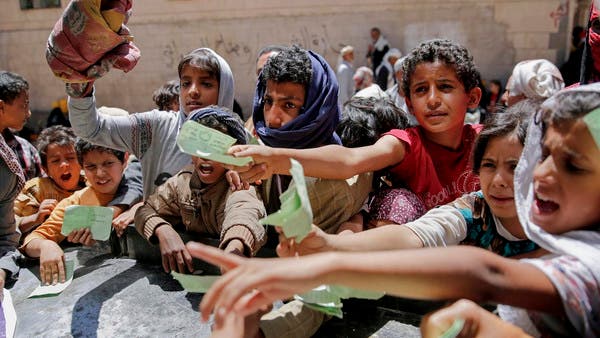Django Unchained was released in 2012 and was directed by Quentin Tarantino. The movie stars Jamie Foxx, who plays freed slave Django on his quest to rescue his wife from a brutal slave owner. The movie depicts the extreme injustices that African Americans had to endure in pre-Emancipation America and the identity that a freed slave takes on.
Django Unchained might just sound like another time-period based action movie to someone who hasn’t seen it, and while the movie does heavily utilize action scenes, Django is a fully fleshed out character who has to deal with his status as a freed slave in America. The movie details the injustices faced by enslaved African Americans and those who are freed through scenes that directly show the crimes against them. While some of these scenes are hard to watch, they show the true evil nature of slavery and the people that owned slaves. After watching the violence that slave owners subjected to the people they enslaved, it’s hard to understand how anyone could still fly the Confederate flag today, which represents that era of America.
A scene in the movie that depicts the injustices freed slaves faced is one of the first in the movie, when Django and the man who freed him, Dr Schultz, enter a saloon for a drink. They are greeted with the bartender freaking out, calling Django racial slurs, then sprinting out of the bar to get the sheriff. They are then asked to leave by the sheriff, who accuses them of causing trouble and scaring all the “nice” people in town. This reaction was caused simply by wanting to get a drink at a saloon. Scenes like these are important to remind people the injustices that African Americans had to face, and continue to face long after the Emancipation Proclamation.
Django Unchained addresses the concept of Othering throughout the whole movie, but none more than the scene where slave owner Calvin Candie, played by Leonardo DiCaprio, explains to his captive audience of Django, his wife, and Dr. Schultz why he believes that “Africans are meant to be lesser than white people.” Candie uses crude science to back his claims that Africans are a “sub-form” of humans that are designed to be subservient. The character and what he’s saying are so blatantly racist that DiCaprio had a very difficult time completing his lines, yet these ideas are what slave owners genuinely believed. This scene conveys how severe the Othering was of African-Americans in this era of American history.
This movie is a must-watch for anyone in this class. The violence in it may be disturbing to some, but it is a highly entertaining movie that is centered around Django’s redemption against those who enslaved him and his mission to rescue his wife. Django Unchained explores many of the concepts we learned in this class, and these concepts will help the viewer engage with the movie deeper.



